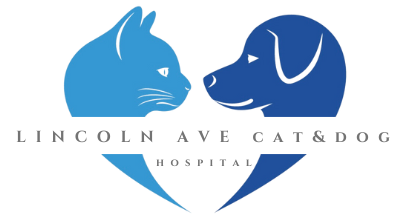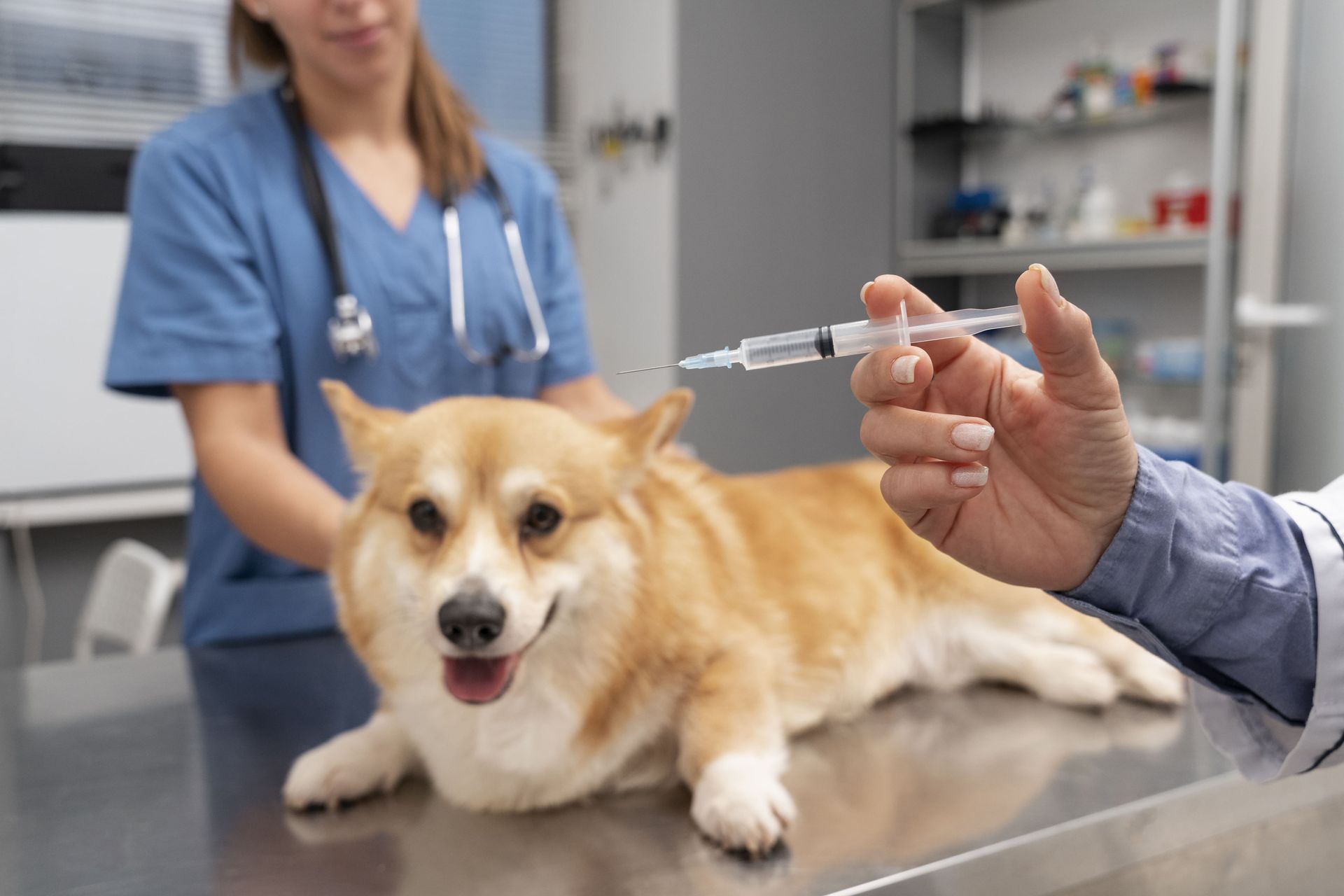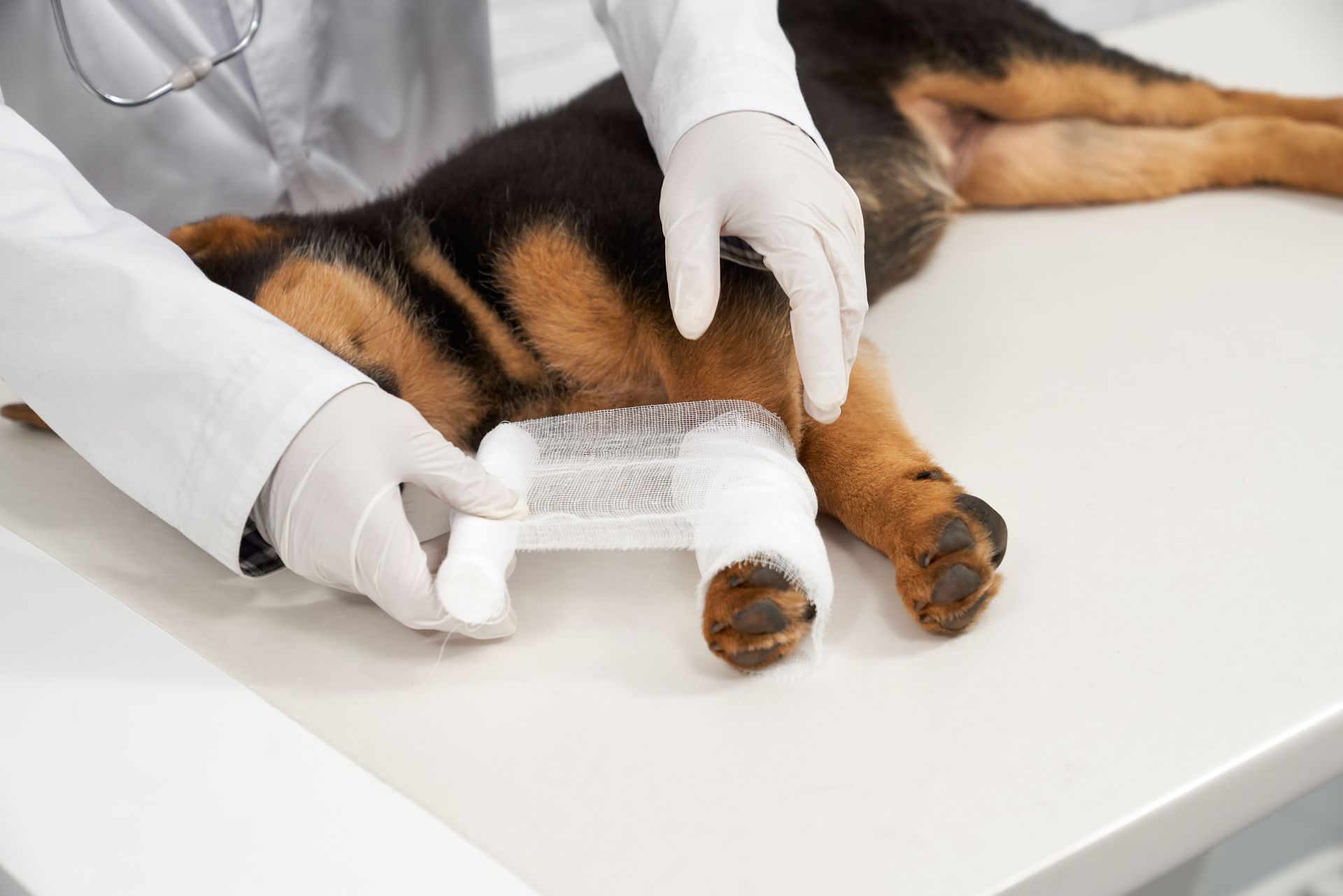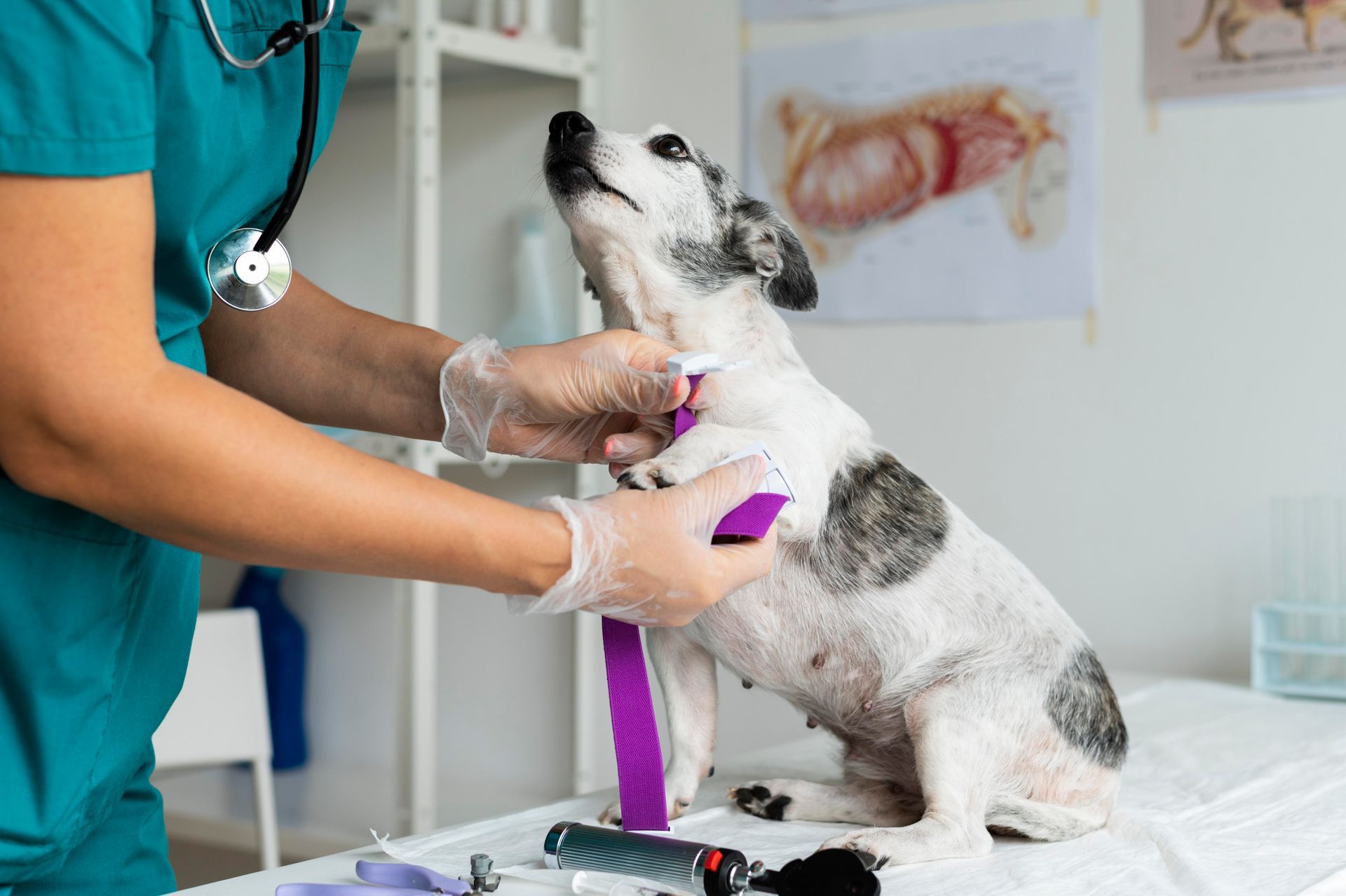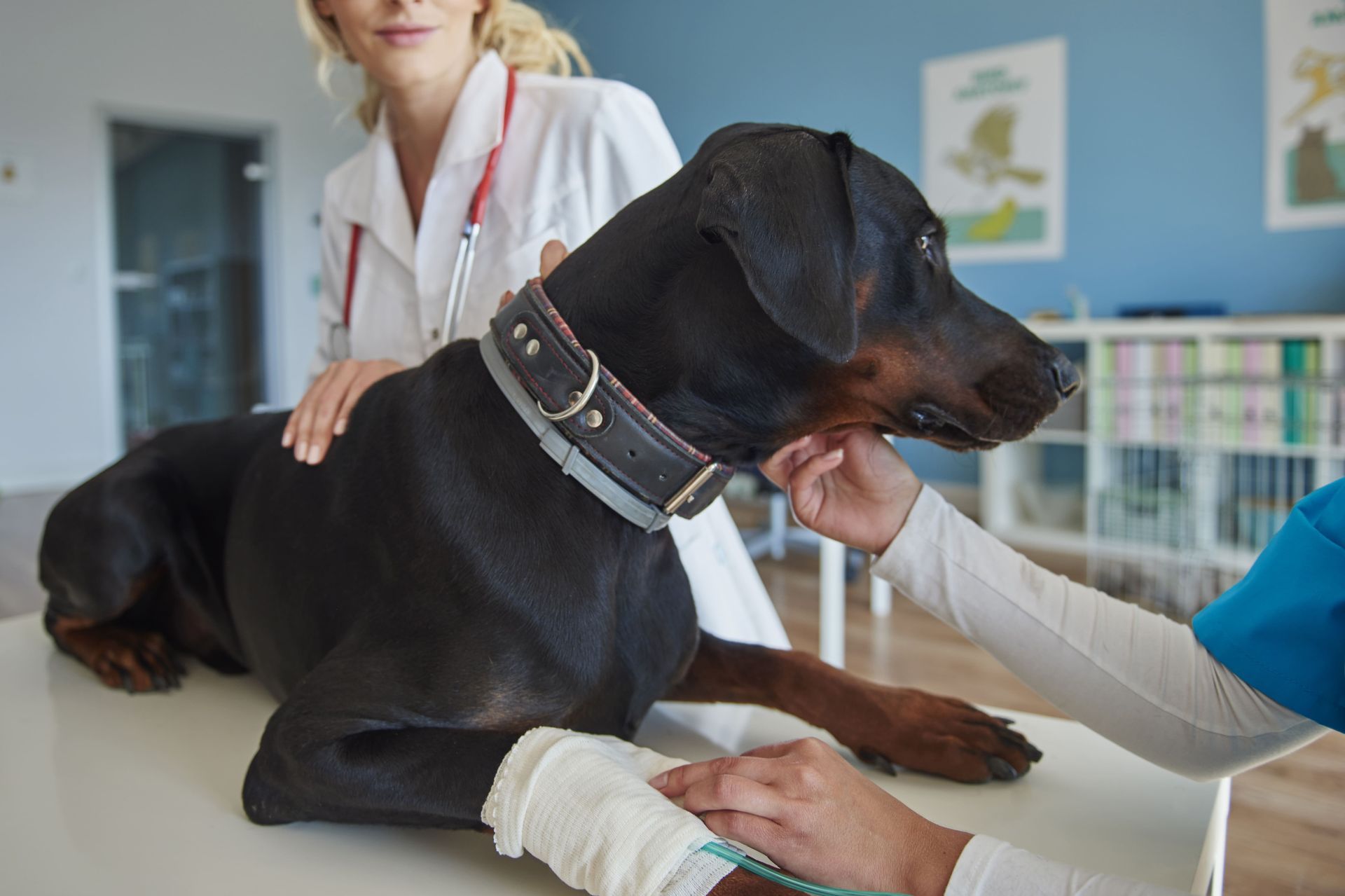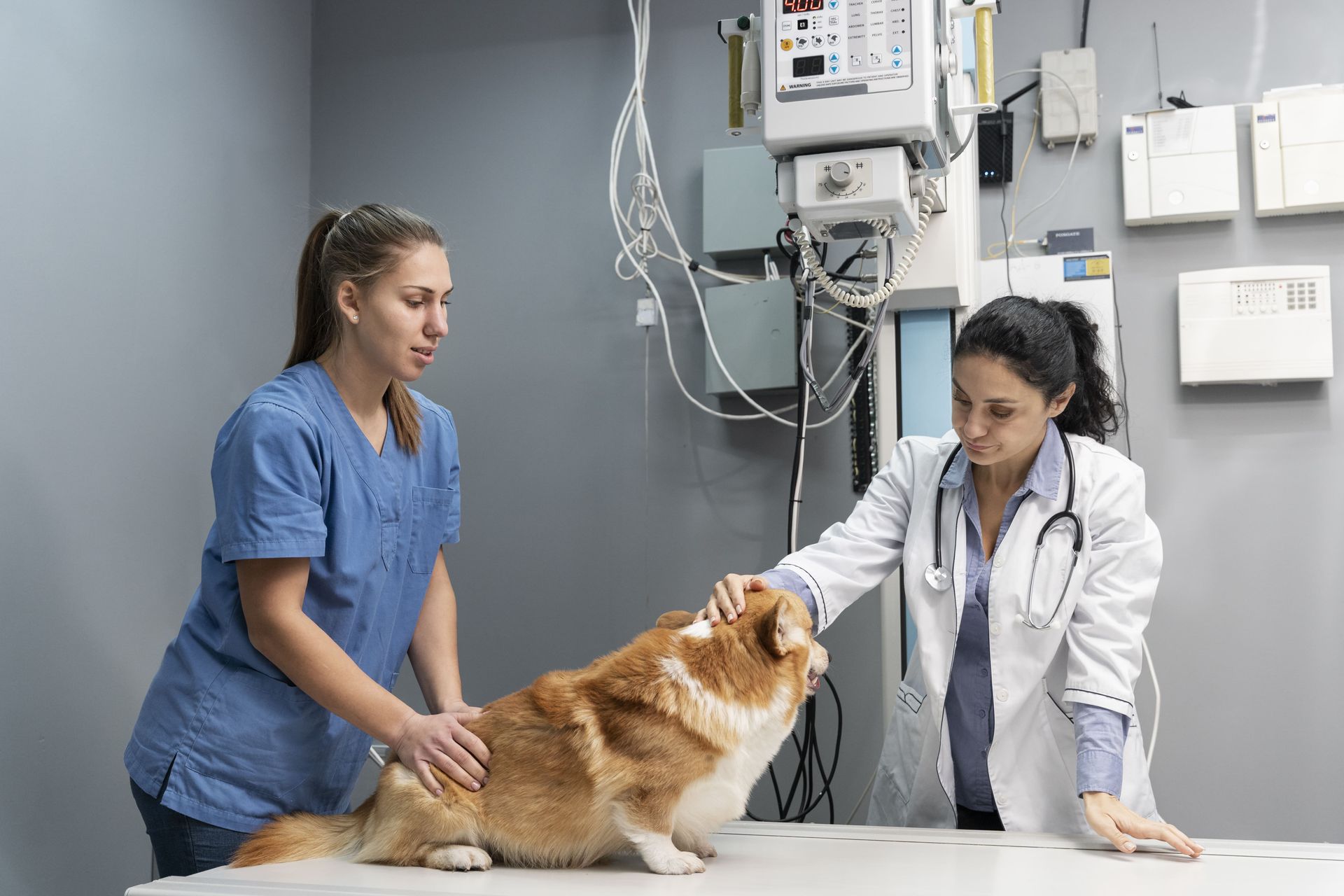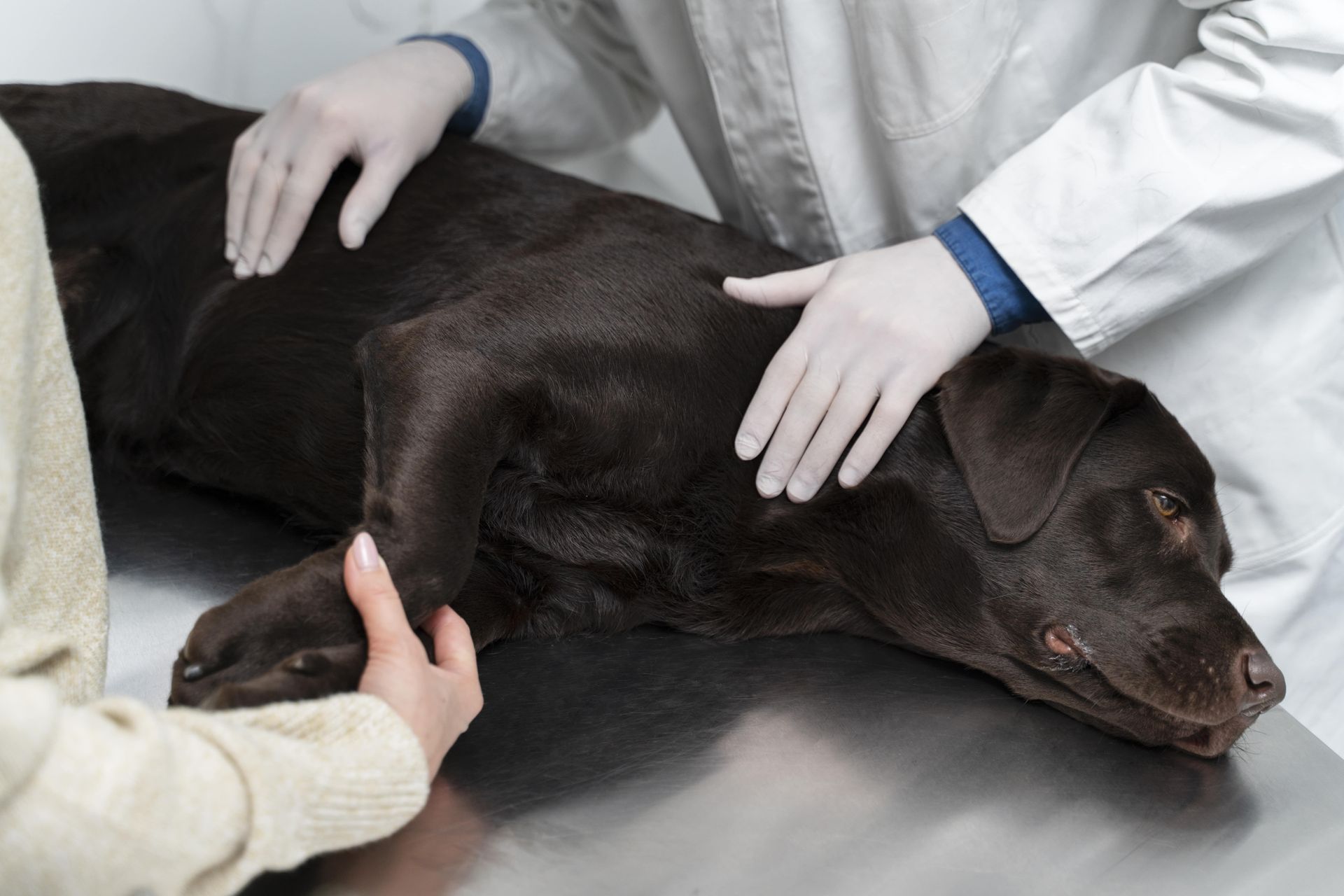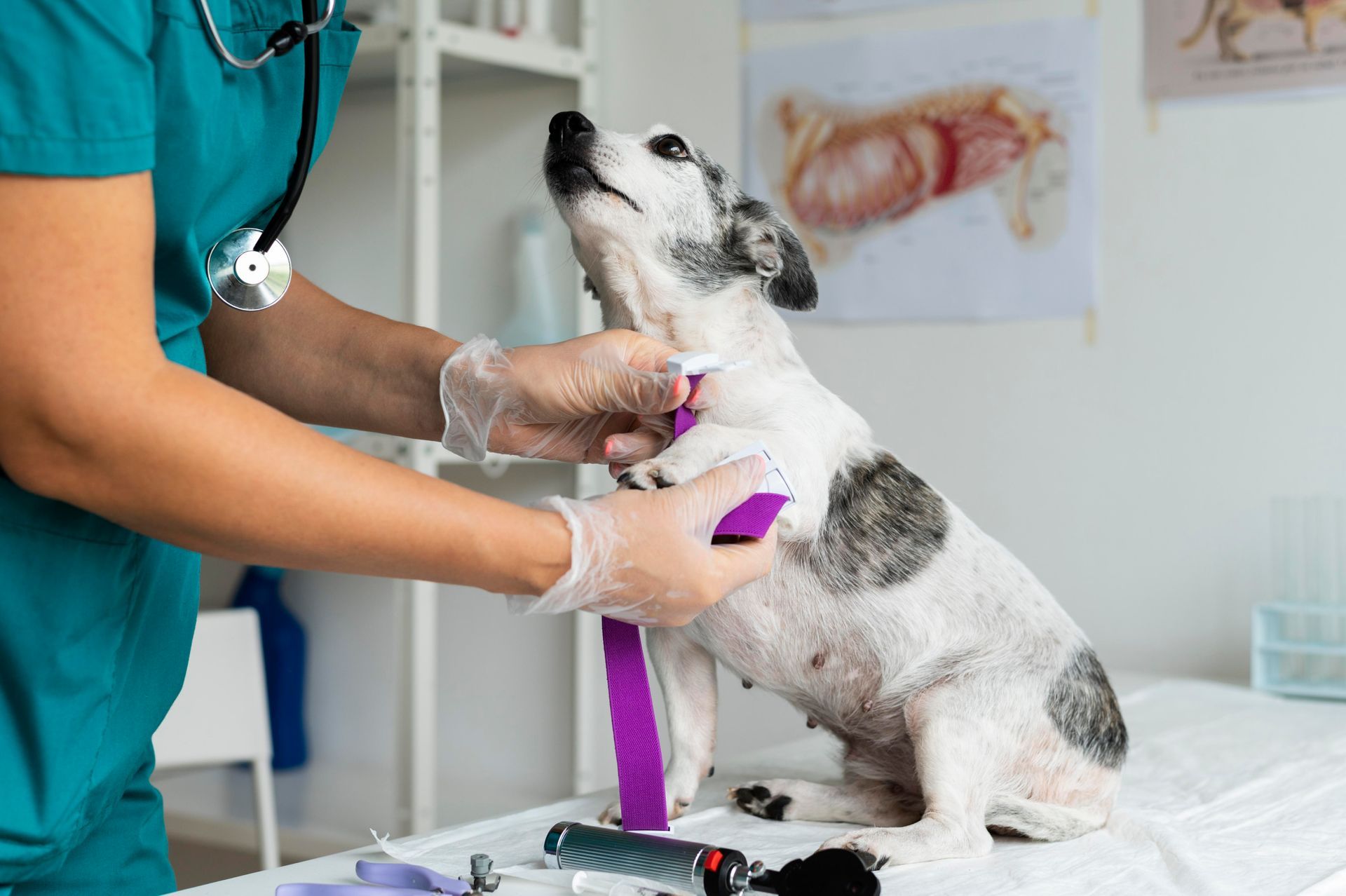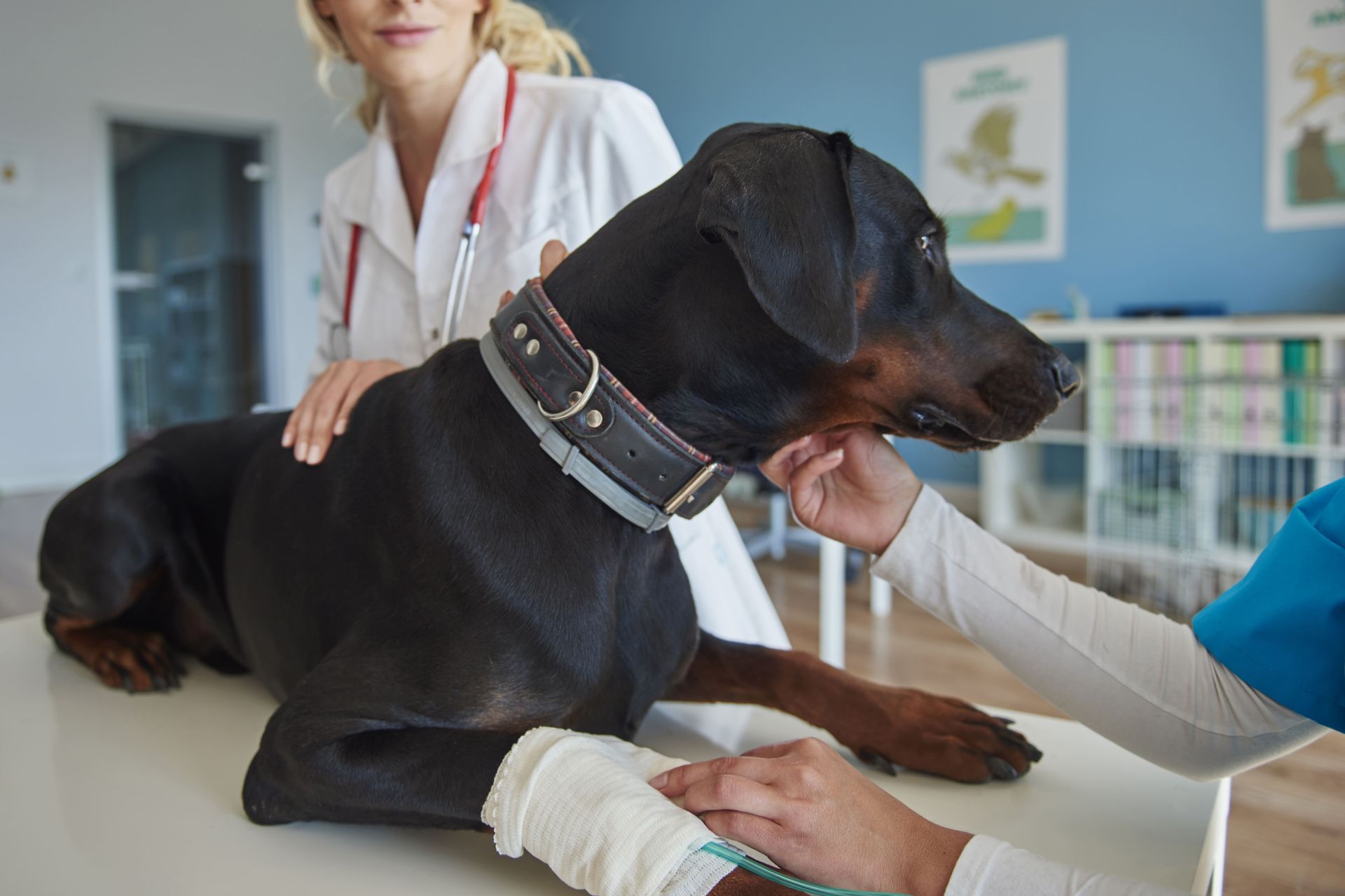10 Important Animal Vaccines Every Pet Owner Should Know
Owning a pet brings immense joy, but with it comes the responsibility of ensuring their health and wellbeing. One of the most crucial aspects of pet care
is animal vaccines. Vaccines play a vital role in safeguarding our furry friends against various diseases. This guide will walk you through the essential animal vaccines every pet owner should be aware of to ensure your pet stays healthy and happy.
1. Rabies Protection for Your Pet
Rabies is a deadly virus that affects the nervous system of mammals. Vaccinating your pets against rabies is not only crucial for their safety but also typically required by law. This vaccine is essential to protect both your pet and your community. Rabies vaccines are often administered annually or every three years, depending on regional regulations and the specific vaccine used. It's especially critical if your pet spends a lot of time outdoors or in areas where wild animals are common.
Since rabies is a zoonotic disease, which means it can be transferred from animals to humans, keeping your pet vaccinated is a public health priority. Regular vaccinations
also act as a reassurance that your pet will be protected from unforeseen bites from infected animals, providing peace of mind for you as a pet owner.
2. Shielding Against Parvovirus
Parvovirus is a highly contagious virus that affects dogs, leading to severe gastrointestinal issues. The vaccine for parvo is a must, especially for puppies, as it offers protection against this often fatal disease. Puppies are particularly vulnerable before the full series of vaccinations is complete, which typically occurs by 16 weeks of age. The virus can survive in the environment for months, making it easy for unvaccinated dogs to contract it from contaminated surfaces.
Symptoms of parvovirus include severe diarrhea, vomiting, and lethargy, which can lead to rapid dehydration. By ensuring your dog receives the parvovirus vaccine, you're preventing these distressing symptoms and giving them a fighting chance against a disease that can be otherwise difficult to treat. Animal vaccines like this one can truly be life-saving. Know more about vaccinations through us.
3. Defense Against Distemper
Canine distemper is a serious disease caused by a virus that attacks the respiratory, gastrointestinal, and nervous systems. Vaccination is the only effective defense against this disease, ensuring your furry companions are safeguarded. Dogs that contract distemper may exhibit symptoms such as discharge from the eyes and nose, fever, coughing, vomiting, diarrhea, seizures, and paralysis. The disease spreads through direct contact and through the air, making unvaccinated dogs highly susceptible.
The distemper vaccine is often combined with vaccines for other diseases, such as parvovirus and adenovirus, into a single shot commonly known as the DHLPP (distemper, hepatitis, leptospirosis, parainfluenza, and parvovirus). Ensuring your dog receives the complete series of this animal vaccine is essential for comprehensive protection. Regular vaccination helps not only in the individual protection of your pet but also contributes to the overall reduction of the virus in the canine population.
4. Guarding Against Hepatitis
Canine hepatitis, while not contagious to humans, can severely affect your dog's liver. The hepatitis vaccine is crucial in protecting against this potentially deadly virus. The canine adenovirus type-1 (CAV-1) causes this infectious hepatitis, leading to symptoms such as fever, vomiting, stomach enlargement, and jaundice. Vaccinating your dog helps prevent these symptoms and protects their overall liver health.
This vaccine is typically part of a combination shot that protects against multiple diseases, ensuring broader protection for your pet with fewer stressful trips to the vet. Animal vaccines like this one ensure you're investing in your pet's long-term wellbeing. Long-term consequences of infection can include chronic liver damage or even death, making prevention through vaccination vital for your pet’s health.
5. Protection from Bordetella
Bordetella bronchiseptica is one of the primary causes of kennel cough, a highly contagious respiratory disease in dogs. Vaccination is essential for dogs frequently in contact with other animals, such as in boarding or daycare settings. It's also important for dogs that participate in group training classes or frequent dog parks. The bordetella vaccine can be administered in several forms, including an injectable, intranasal, or oral vaccine, making it versatile for different needs and preferences.
Kennel cough, while generally mild, can lead to more severe cases of pneumonia, especially in puppies or older dogs with weakened immune systems. By vaccinating your pet, you’re also playing a part in preventing outbreaks in communal environments. Just like kids need shots before school, pets need animal vaccines before playdates.
6. Leptospirosis Safety
Leptospirosis is a bacterial infection that can affect both humans and animals. Protecting your pet through leptospirosis vaccination is key, particularly if they spend a lot of time outdoors. The bacteria that cause leptospirosis are commonly found in water and soil, and animals become infected through direct contact or by drinking contaminated water. Pets with leptospirosis can show no symptoms, or they can become very sick with signs of liver and kidney disease.
Prime candidates for this vaccine are dogs that regularly hike, swim, or visit open land. In addition to protecting your pet, the vaccine reduces the risk of transmission to humans, safeguarding everyone in your household. Timely animal vaccines can save your pet from the severe outcomes of infection, such as organ failure.
7. Feline Leukemia Virus Prevention
For cat owners, vaccinating against the feline leukemia virus (FeLV) is vital. This virus affects the immune system and can be deadly. Keeping up with FeLV vaccinations can significantly enhance your cat's quality of life. FeLV is spread through close contact such as grooming, sharing food or water bowls, and bites. Infected cats may not show symptoms until the disease has progressed, highlighting the importance of preventative vaccination.
The feline leukemia vaccine is particularly recommended for cats with outdoor access or those that live in multi-cat households. Routine testing and animal vaccines can help manage the healthcare of your cat efficiently. By keeping your cat vaccinated, you're helping to lower the prevalence of the disease in the feline population.
8. Shielding Against Lyme Disease
Lyme disease is a tick-borne illness that can affect both dogs and humans. Vaccinating your pets against Lyme disease is especially important if they are in areas prone to ticks. The bacterium Borrelia burgdorferi, which causes Lyme disease, is transmitted through the bite of infected ticks. Dogs with Lyme disease may exhibit symptoms such as fever, loss of appetite, lameness, joint swelling, and reduced energy.
The Lyme disease vaccine not only protects dogs from the disease but also helps to reduce the overall incidence of tick-borne illnesses in regions where ticks are prevalent. In conjunction with the vaccine, it's wise to use tick prevention strategies such as topical treatments or oral medications to provide comprehensive protection. Another great example of how animal vaccines work hand-in-hand with smart care habits.
9. Canine Influenza Protection
Dog flu is a contagious viral infection that can lead to respiratory illness. The influenza vaccine helps protect your dog from significant discomfort and potential health complications. Canine influenza spreads easily among dogs in close contact, like in kennels, rescue shelters, and during dog-related events. Symptoms may include coughing, sneezing, runny nose, fever, and lethargy, similar to the symptoms of a common cold.
Vaccinating against canine influenza can prevent these symptoms from developing into severe conditions like pneumonia, particularly in vulnerable dogs such as puppies or older dogs. Having animal vaccines as part of your pet's regular health regimen means fewer worries about outbreaks and more quality time with your pet.
10. Parainfluenza Virus Defense
This vaccine guards against another virus that contributes to kennel cough. Ensuring your pet is vaccinated against parainfluenza helps maintain their respiratory health. The parainfluenza virus is often included in combination vaccines, providing easy coverage with fewer appointments. Symptoms include coughing, fever, and nasal discharge, which can be alarming for pet owners.
Though related symptoms are rarely life-threatening, they can lead to complications in immunocompromised or particularly young animals. Regular animal vaccines as part of your pet's healthcare routine can alleviate these worries and contribute to a healthier, happier life for your furry companions. Schedule your pet's vaccinations with our trusted veterinary team.
Conclusion: A Healthy Pet Is a Happy Pet
Taking proactive steps through timely animal vaccines is one of the most loving things you can do for your furry companion. From guarding against life-threatening diseases to improving overall quality of life, vaccines play an integral role in modern pet care. They’re not just shots—they’re shields. Whether you're a first-time pet parent or a seasoned animal lover, staying informed and committed to your pet's vaccination schedule is key. After all, a vaccinated pet is a safer pet—for your home, your neighborhood, and beyond.
FAQs
Q-1. Are animal vaccines safe for all pets?
Ans: Yes, animal vaccines are tested for safety and efficacy. While mild side effects like soreness or fatigue may occur, serious reactions are rare. Your vet will assess your pet’s health before administering any vaccine.
Q-2. How often do pets need to be vaccinated?
Ans: Vaccination schedules vary by age, species, lifestyle, and regional risks. Some vaccines are annual, while others are given every three years. Your vet can create a customised plan.
Q-3. Are animal vaccines necessary for indoor pets?
Ans: Absolutely. Even indoor pets can be exposed to diseases through open windows, humans, or other animals. Vaccinations help maintain their immunity regardless of lifestyle.
Q-4. Can I skip certain vaccines if my pet seems healthy?
Ans: No. Even healthy pets need preventative care. Skipping vaccines can put them—and others—at risk, especially with contagious or zoonotic diseases.
